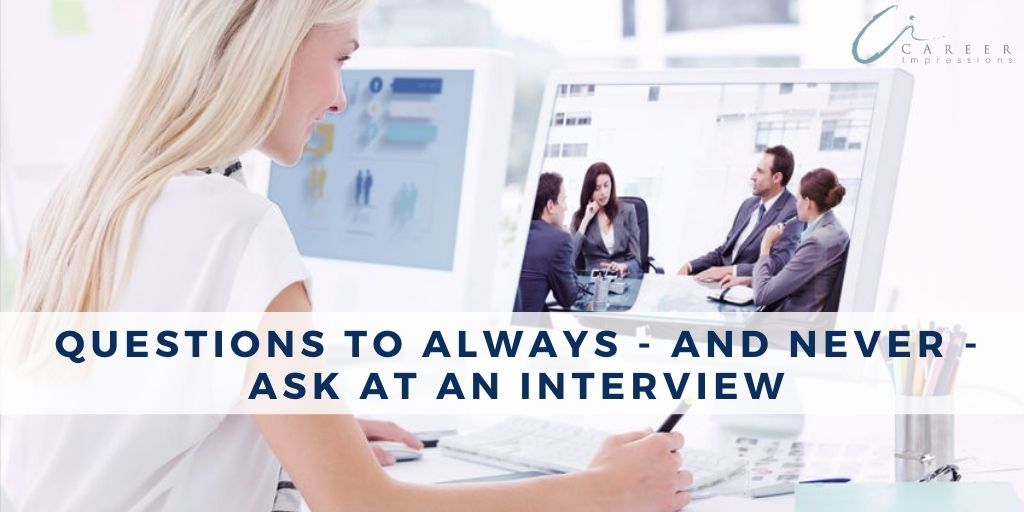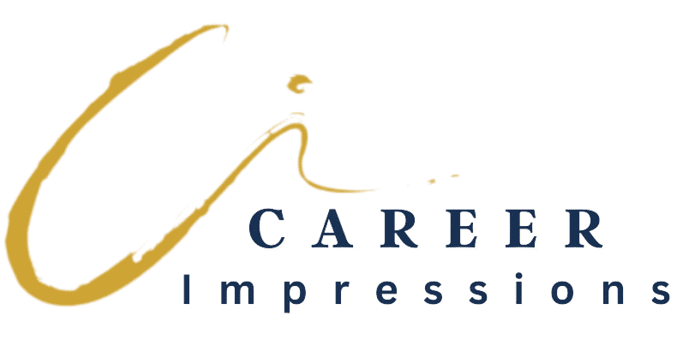
Questions to Always – and Never – Ask at an Interview
Before the interview, at a minimum, you should research the company — and the interviewer(s), if you know that information. Your research will not only help you understand the company better, but it will also help you ask more informed questions at the interview.
If you haven’t had the opportunity to ask questions as the interview progresses, there will likely come a time when the person conducting the interview says to you, “So, do you have any questions for me?”.
That’s where your research comes into play. Surely, as you were learning more about the job and the company, you were curious about a thing or two. Even if you weren’t, it makes a huge (negative) impression on interviewers when you don’t ask any questions.
Not asking questions can signal that you’re not interested enough in the job to muster up any questions, or you were not paying attention enough to latch onto any information shared in the interview.
Asking the wrong questions can also negatively impact the process.
Ideas on things to ALWAYS ask during an interview:
Ask for information to support your own decision-making
Should you be given an offer, you want to ensure that you have enough intel on the company, the culture, the people, and the work to make the right decision.
Questions to help gather insights might include:
“What do you personally enjoy the most about working here?
or
“What type of people tend to thrive here?”
Ask inquisitive questions to better understand both the work and the company environment.
Ask questions to help set yourself up for success if you get the job
Even though you are still at the interview stage, start planning for the potential role. The interview is a great time to gather more details on work requirements and expectations. Ensure you know what you will be stepping into and how you can best succeed.
Questions like the following can help you unearth details to prepare for the first critical months on the job:
“What will be the biggest challenge for the person who fills this role?”
or
“What is the most important thing I should accomplish in the first 90 days?”
Set yourself up for success!
Finally, ask about the next steps
Always leave the interview with a timeline of the next steps. Most often, these are readily supplied by the interviewer(s), but if not – ask!
“I really appreciate the opportunity to meet with you today. I am very excited about this open position and I look forward to the next steps in the process. When might I hear from you next?”.
Note where you are at in the process. Is this the first interview of several? Is this the final interview and the offer decision comes next? Regardless, ask for a time that you can expect to hear back from the company on what happens next. This is important because if you do not hear back by the provided time/date, you should proactively follow up!
To help, ensure that you have the contact details of the people who interviewed you. It is ok to ask for business cards or write down contact details before exiting.
Then, employ patience. It’s not a good idea to follow up BEFORE the provided timeline of events. Only follow up with the interviewers if the date they shared goes by and you have not heard anything.
Questions candidates should NEVER ask during an employment interview:
Asking about what the company does!
Never ask anything that can be easily looked up online or found on the company’s website. Employers expect candidates to come prepared with company research and a solid understanding of services and products.
Demonstrate your knowledge to employers by rolling your research into role requirement questions like:
“I heard you launched a new product this week. Will I be working with this product directly in my role?”.
“How fast could I get promoted here?”
Employers find this question focused too far into the future (what about the role you are applying for now?!). A question like this also makes you look big-headed. Rephrase the question to inquire more about professional development and advancement opportunities within the organization.
Perhaps something along the lines of:
“What types of employee recognition programs are in place, and are there professional development opportunities for me to continuing advancing my skill sets in X area?”
Even better, ask what the company is looking for to excel within the current role. Use insights to help you work towards the promotion.
“Can I set my hours?”
Avoid requesting special work hours or work flexibility during the interview. Although the employer may be open to negotiating work hours, this discussion should be saved for later in the hiring process and not asked during the interview. Employers don’t want to hear about what YOU want from them – they want to know what you have to offer. So keep questions focused on value.
If work hours are a concern, consider rolling your curiosity into a more valued-added question like:
“I spent over 60 hours a week finalizing a major project, on a tight deadline, with my previous company. Although it was tough, I was dedicated to reaching a good end-result and gladly put in the time to deliver on schedule. Will similar project requirements /over-time hours be required here?”.
Demonstrate commitment to the role first.
Looking for good questions to ask during an interview? Purchase our ebook with over 80 potential ideas.
